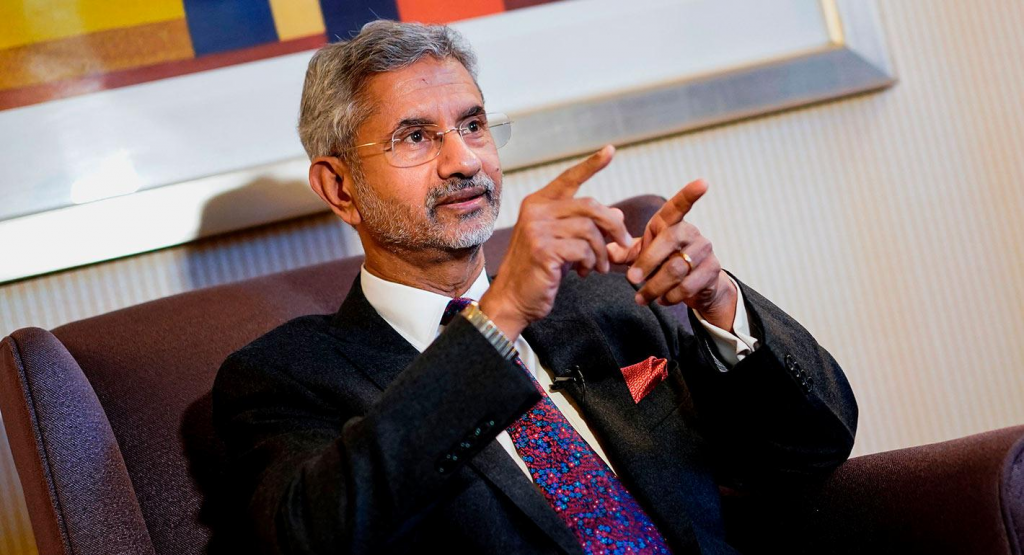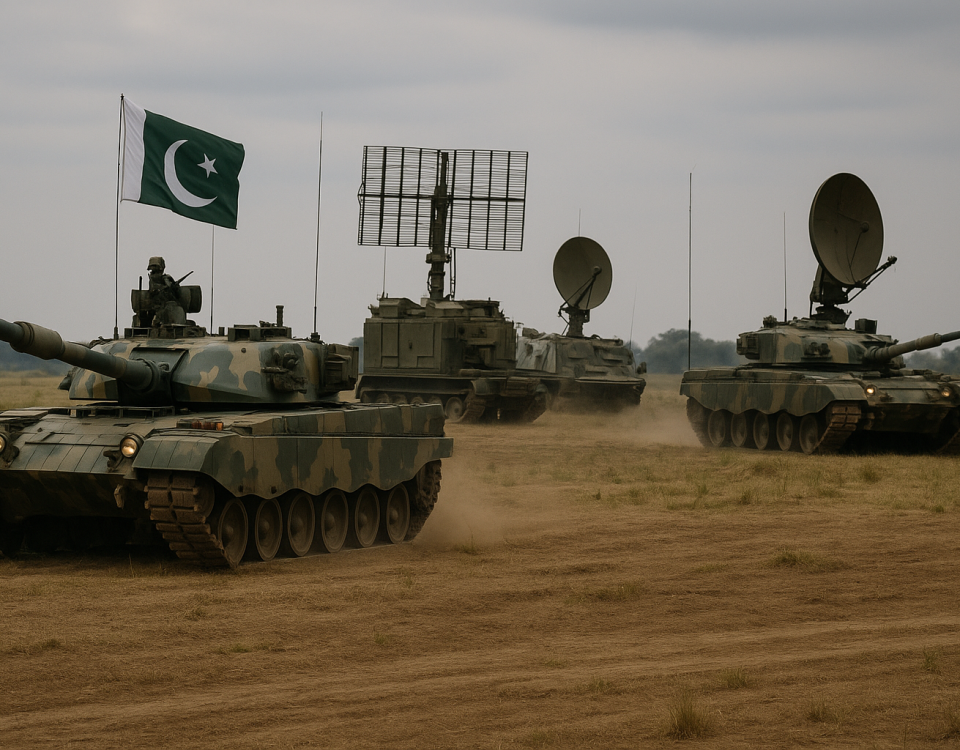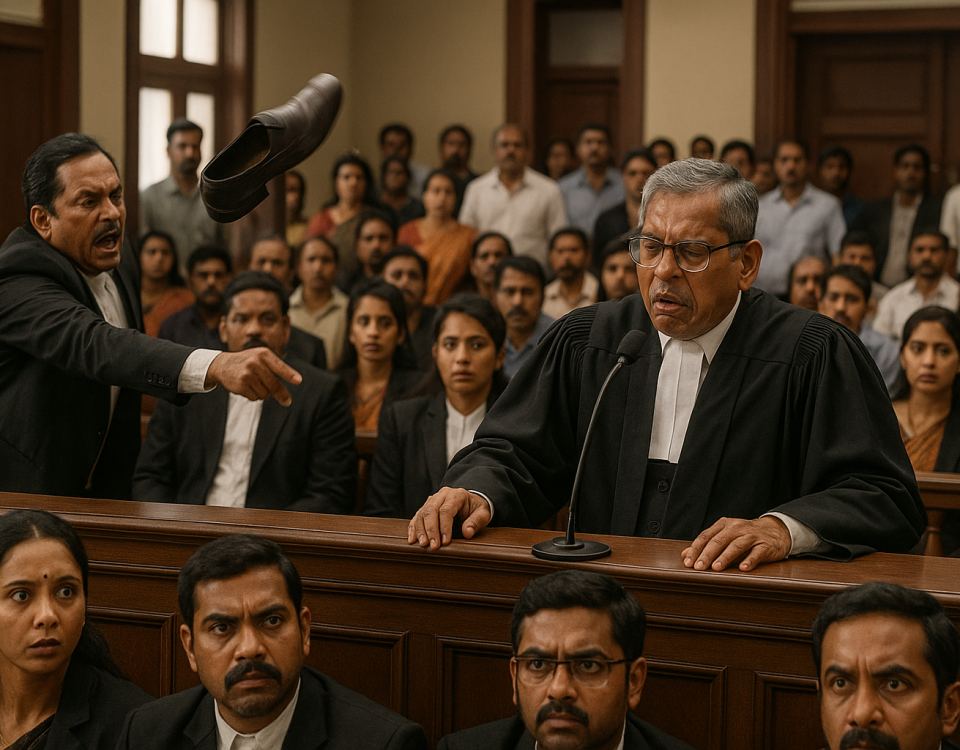
Jaishankar Outlines India’s Diplomatic Challenges and Regional Vision
Mumbai, January 18, 2025 – External Affairs Minister S. Jaishankar delivered a strong message on India’s foreign policy at the 19th Nani Palkhivala Memorial Lecture, highlighting key challenges with Pakistan, China, and the broader South Asian region. He emphasized India’s commitment to regional stability, calling for stronger diplomatic engagement and strategic partnerships.
Pakistan’s Role in Regional Instability
Jaishankar was particularly critical of Pakistan’s continued support for cross-border terrorism, describing it as a “cancer” that is now harming Pakistan itself. “Pakistan remains the exception in our neighborhood in view of its support for cross-border terrorism, and that cancer is now consuming its own body politic,” he stated.
He urged Pakistan to abandon its terror-based approach and focus on regional stability. In contrast, he pointed to India’s policy of supporting neighboring countries during crises, citing India’s $4 billion aid to Sri Lanka during its 2023 economic crisis as an example of constructive regional leadership.
Managing Complex Regional Ties
Jaishankar addressed India’s relationships with Myanmar and Afghanistan, emphasizing their deep historical and cultural links with India. He noted that India’s interests in these nations differ from those of distant global powers and require a more nuanced approach.
On Bangladesh, he acknowledged the country’s internal political complexities while stressing the importance of mutual cooperation to maintain strong bilateral ties.
India-China Relations: A Strategic Challenge
Discussing India’s complex relationship with China, Jaishankar acknowledged ongoing tensions following the 2020 border conflict. He emphasized the need for strategic long-term planning, stating, “India must prepare for expressions of China’s growing capabilities, particularly those that impinge directly on our interests.”
India’s approach to China, he outlined, is based on three principles: mutual respect, sensitivity, and national interest. He called for the rapid development of India’s national power, including stronger border infrastructure and reduced economic dependencies in sensitive sectors.
Global Partnerships and Strategic Ties
Beyond South Asia, Jaishankar highlighted India’s growing engagement with the Gulf region, particularly the UAE, which he described as a vital partner due to trade, energy cooperation, and the presence of a large Indian diaspora.
Regarding India’s relationship with Russia, he reaffirmed its importance for national security and economic stability. He stressed the need for continued cooperation despite global geopolitical shifts and reiterated India’s focus on diplomatic dialogue concerning the Ukraine conflict.
Jaishankar also underscored India’s Act East Policy, emphasizing deeper engagement with ASEAN nations for regional economic and security cooperation.
Middle East Crisis and India’s Position
Addressing the ongoing Middle East conflict, Jaishankar reaffirmed India’s balanced approach. He called for countering terrorism while minimizing civilian casualties and providing humanitarian aid. He also reiterated India’s long-standing support for a two-state solution to the Palestine issue.
A Vision for Stability and Multipolarity
Jaishankar’s speech reinforced India’s vision for a stable and cooperative global order. He outlined India’s proactive role in addressing regional challenges, strengthening global partnerships, and upholding diplomatic principles of mutual respect and inclusivity.
His remarks set the stage for India’s evolving position as a key stabilizing force in South Asia and beyond, advocating for a multipolar world where India plays a central role in shaping regional and global stability.
***






